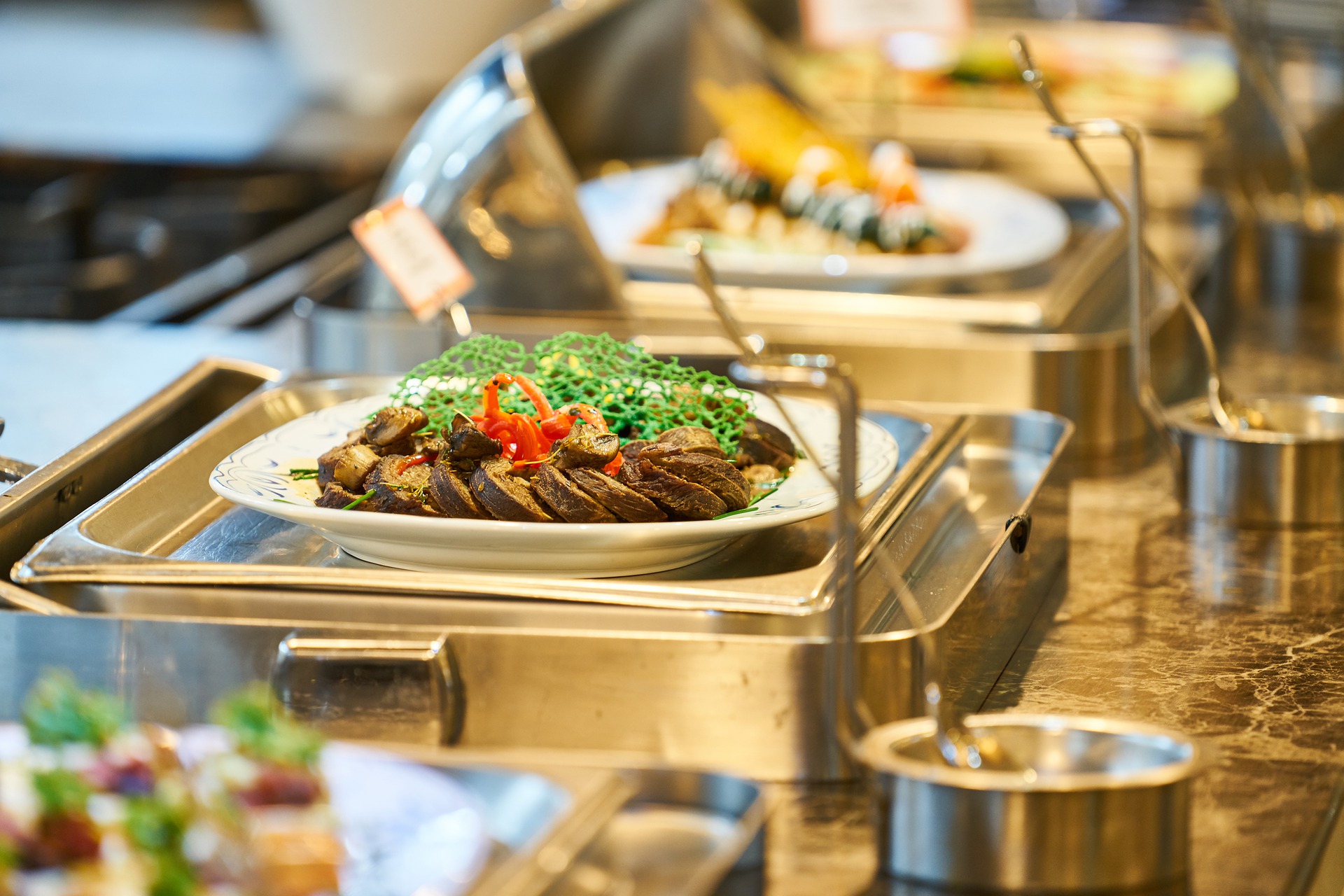Garden, a ‘deep tech’ hardware and software startup developing optical phenotyping technology and analytics to optimize food production, has raised $1.2 million in pre-seed funding. Leading the round is LDV Capital, with participation from Seedcamp and MMC Ventures. Several angel investors are also investing, including Pratima Aiyagari, Gilad Engel, and Abdulaziz Crashed. Founded in late 2019, Gardin’s mission, in the U.K. company’s own words, is to help everyone access high-quality, nutritious food that is “good for you and our planet”.
Specifically, the startup develops tech for farms based on its own “optical phenotyping” hardware and accompanying analytics software. The idea is to enable food producers to measure and monitor the nutritional value of food, from “seed to plate in a real-world environment,” rather than a lab. “With the deployment of Gardin’s OS, insight from our analytics will be delivered to help food producers optimize production, grow nutritious food, lower carbon footprint, and reduce waste,” says Sumanta Talukdar. “At Gardin, we want to empower food producers to feed the world consciously, sustainably, and nutritionally, as it should be”.

Talukdar says he started the company after learning that the traditional food industry currently “does not, or cannot, quantifiable measure food nutrition and quality”. This has seen Gardin partner with some of the leading crop and plant physiologists, phenotyping experts, and plant scientists to identify the critical biochemical mechanisms in various crops related to plant physiology. “By designing hardware to measure the signatures of these mechanisms specifically, Gardin can quantify plant physiology and key compounds density with high fidelity (i.e., signal/noise ratio) at a cost similar to consumer electronics goods,” he explained. To achieve this, Gardin is employing a multispectral data fusion approach, using a suite of remote sensing and computer vision techniques to capture precise data which is then “fused” to drive the analytics.
To that end, Gardin has been designed to assist both traditional and CEA (controlled environment agriculture), aiming to become the new “food production gold standard”. “Our full-stack product is designed to run and optimize the entire growing environment running silently in the background like an OS, i.e., we are solving their problems, helping food producers grow higher quality food and reducing their operating costs and carbon footprint,” adds Talukdar.
“We have also designed our platform so we can integrate with their existing architectures. To us, asking a producer in what is already an asset-heavy industry to change or add to their system to make us fit was folly”. In terms of traction, Talukdar says Gardin has already secured pilot trials that are ready to go live early this year with “key go-to-market clients. They include supermarket chains, food producers, and vertical farms.
